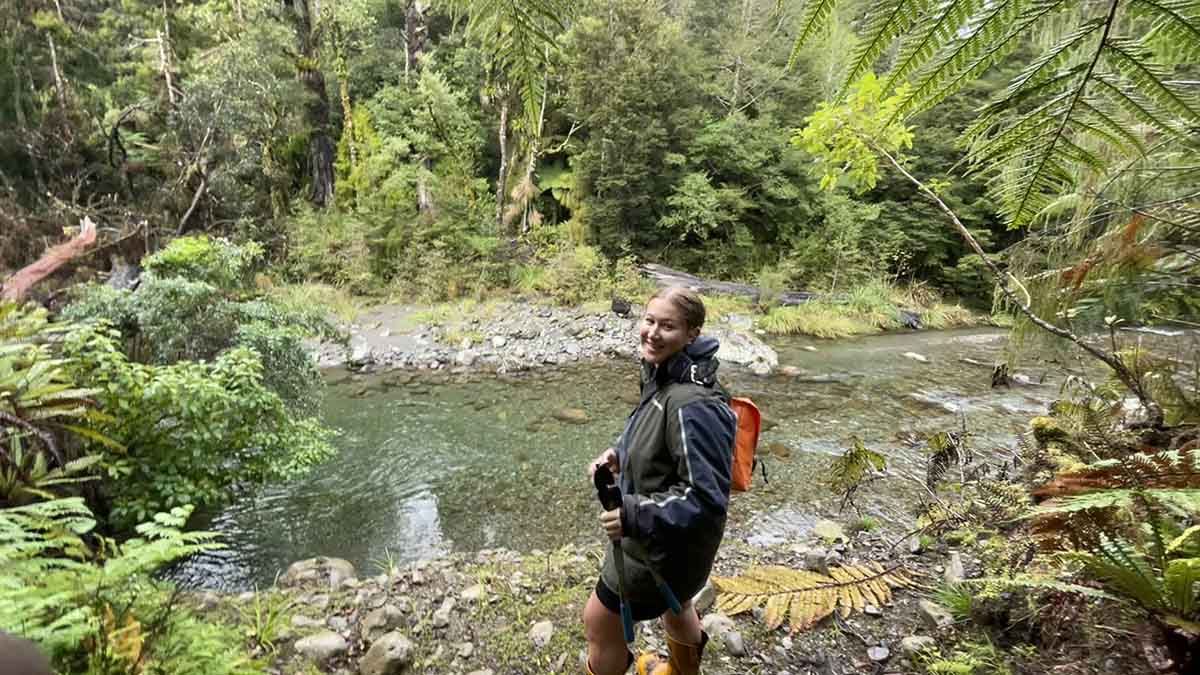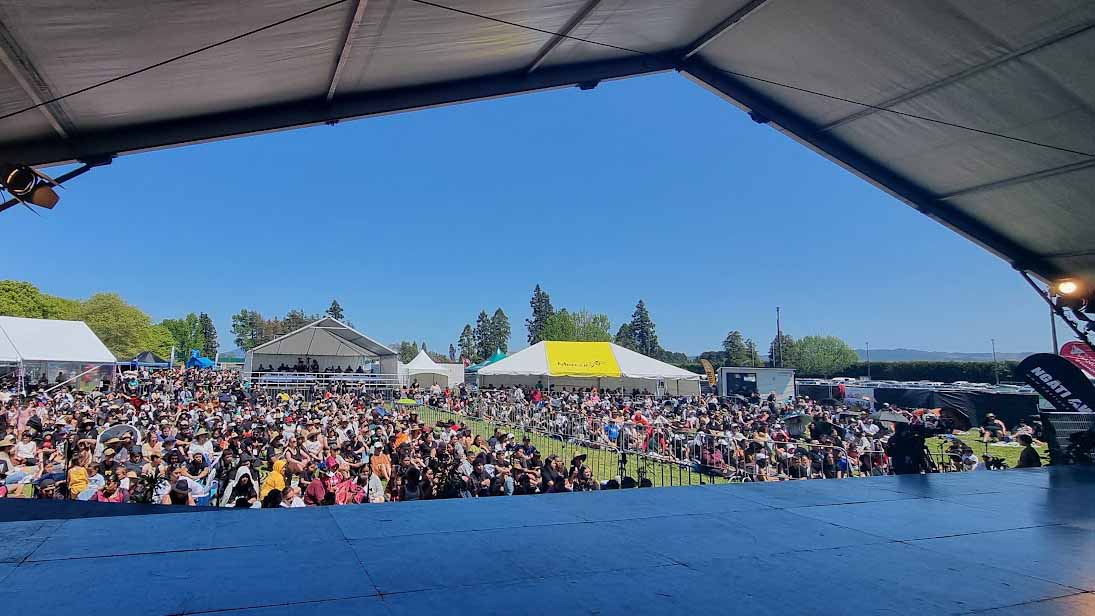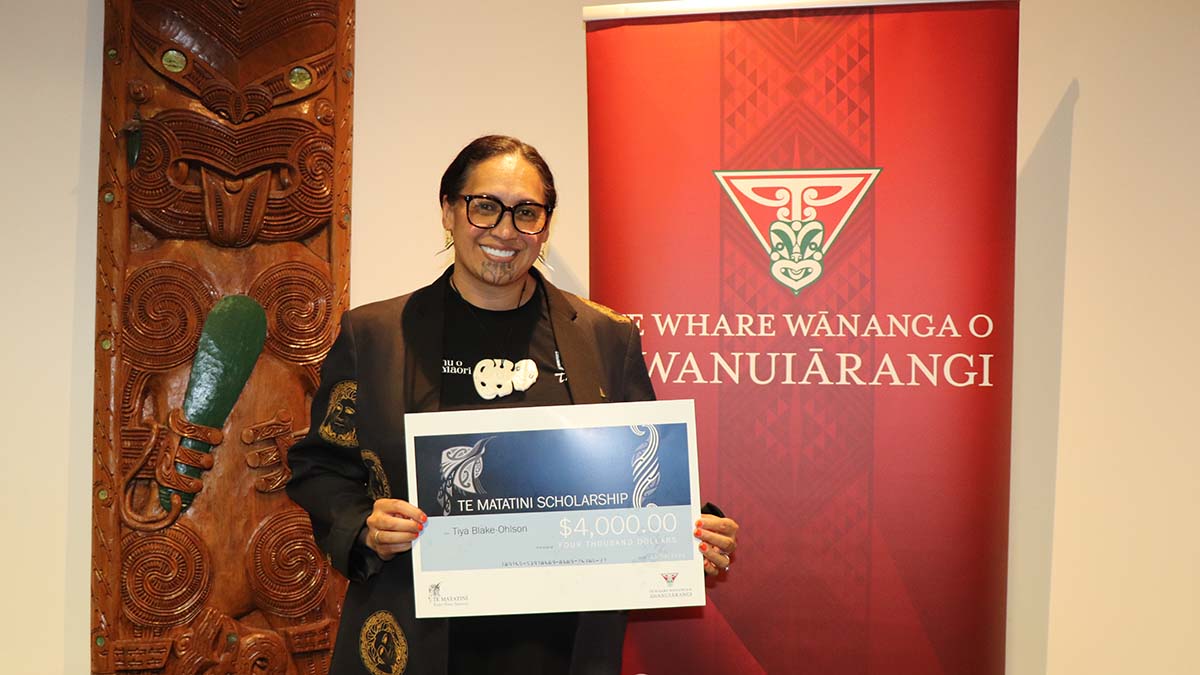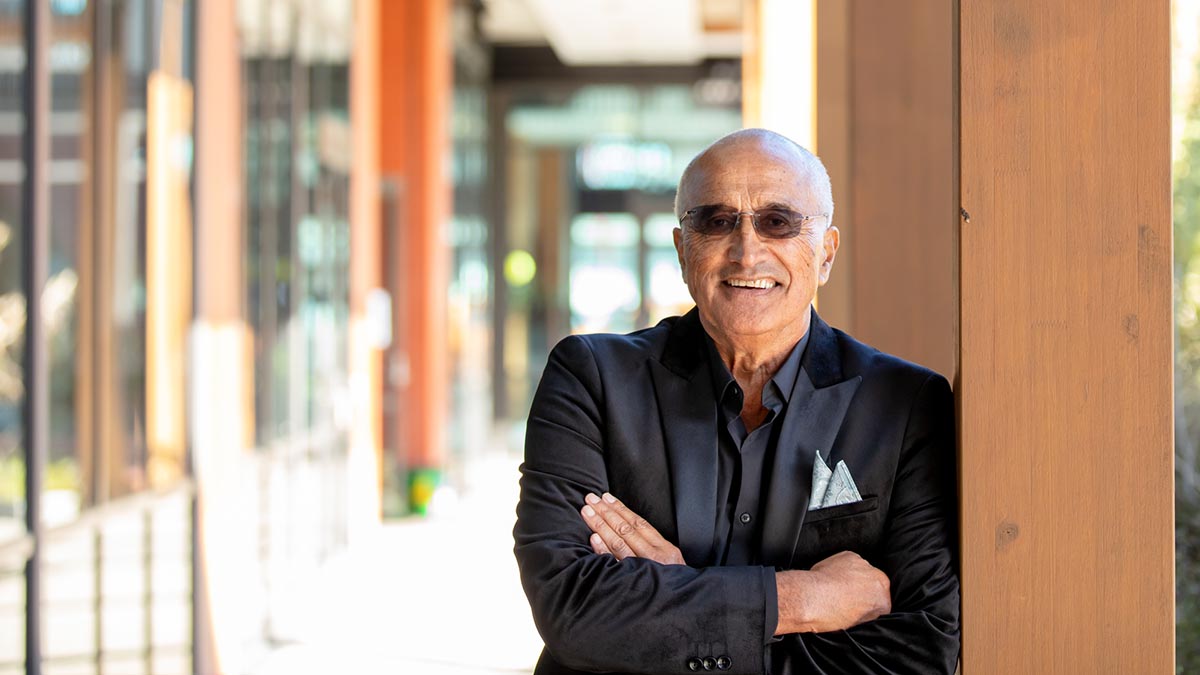International Day of Older Persons Opinion
1st October 2024: International Day of Older Persons
International Day of Older Persons is a time for reflection and today I greet my fellow older persons wherever you are and whatever your cultural identity might be. In the language of my culture tēnā koutou katoa, greetings to all of you; kia ora be well. Be well, enjoy life to the fullest extent allowed by the circumstances we all live with.
I am 97 and soon to be 98 and I live in Aotearoa/New Zealand, in the Bay of Plenty region where the climate is usually kind to people who have lived long lives.
We, the Older Persons of the world, are at the age when we witness the passing of the people we knew, and we mourn for them. At the other end though we have the pleasure of seeing the many grandchildren emerge and delight us with their presence. We see more of life than those who passed on before us. We know that life goes on, that as generations play their part in the time allocated to them there are other generations coming forward and when it is their time to command the stage of life, they are ready and eager to lead our people into the future. The future is a place of dreams and hopes and an imagined world of peace and harmony.
As a group we engage and respond to the present world we live in, and it is not a world of peace and harmony. Collectively we mourn for the older persons killed in conflicts around the world and support those who have survived but whose lives have been made much more difficult and often very dangerous for older persons and their families. These are testing times for the Palestinian people in Gaza and the West Bank, in Lebanon, and for other people, in the Myanmar war, in Sudan and other parts of parts of Africa and in the Russia-Ukraine conflict. Lives are lost, homes are demolished, families have to flee to save themselves and schools and hospitals are damaged or destroyed. These wars now appear to aim at killing as many civilians as possible and do not seem to rely any more on battles fought between trained armies. Reports inform us of how many women and children were killed but they do not tell us what happened to the older persons. Are they left to die or to try and flee with their families? Perhaps they are tougher than we think.
This is the day when we should be celebrating the lives of older persons. Where that is possible let us do that. For hundreds and thousands of older persons together with their families caught up in these conflicts around the world life is hell and the future does not look good. We mourn for those who died as “collateral damage” and for the many who persevere, struggle for a future, tough it out as it were and wait for a solution that might take a while. We admire your courage, your fortitude, your stubbornness in the face of destruction all around you; we cannot be there to help you and all we can do is watch the news, see the destruction that you are experiencing.
Here I am in my part of New Zealand hoping for the day when these conflicts would stop and hoping also that those who profess to be the leaders of today respect the people they serve and value and uphold their right to live in peace in the countries they call home. There are too many leaders who are willing to sacrifice the people meaning all generations, whole families, mothers who have babies to look after, patients in hospitals, the healthy and the maimed, children of all ages and us, the older persons, in order to achieve their personal ambitions.
Meanwhile we the older persons of the world make our contributions to humanity and try our best to uphold the dignity of being the older persons of the countries we live in.
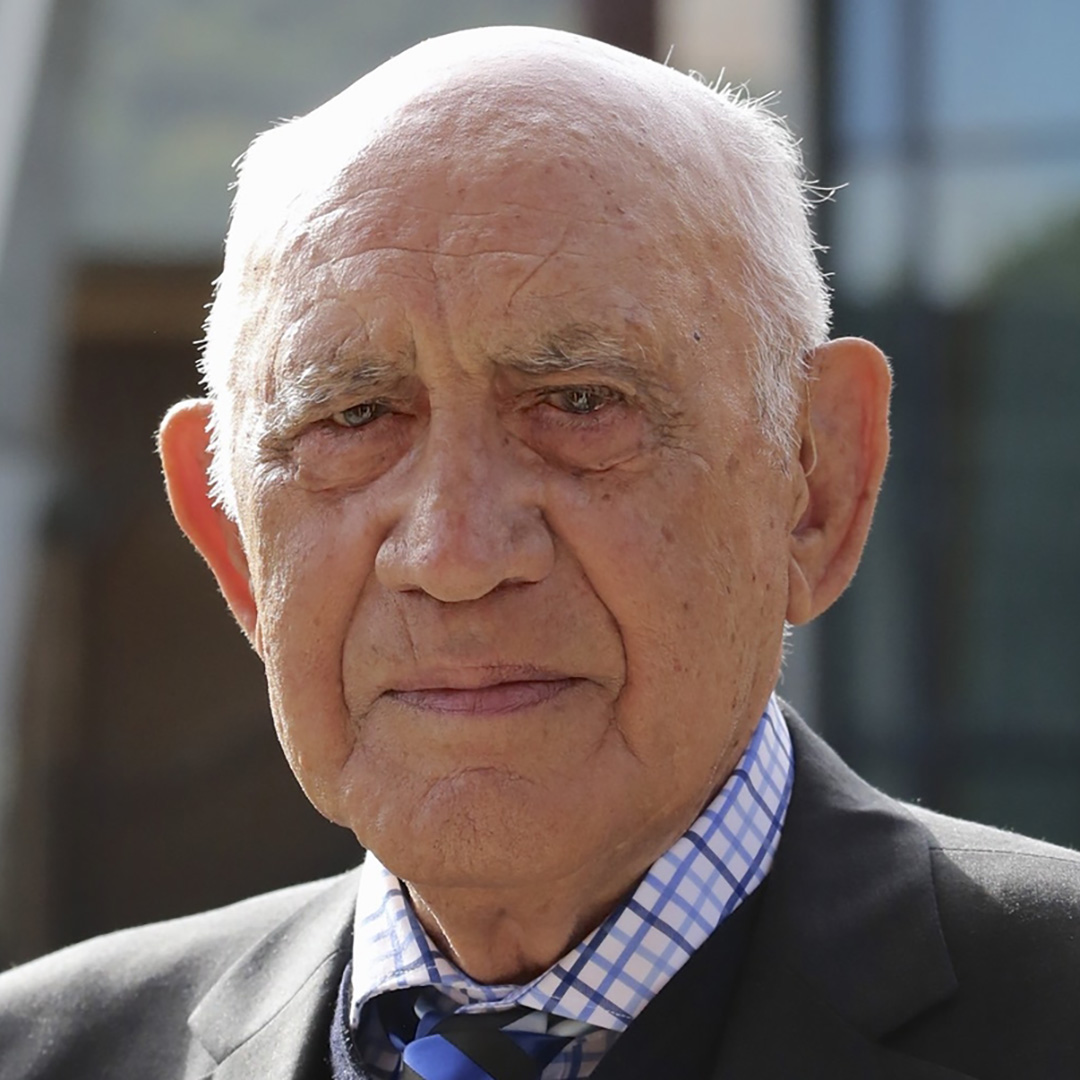
Tā (Sir) Hirini Moko Mead (pictured)
The International Day of Older Persons is observed annually on October 1st and was established by the United Nations General Assembly in 1990. The day serves to recognise the contributions of older people to society and to raise awareness about the challenges that they face.
The theme for 2024 is “Ageing with Dignity: The Importance of Strengthening Care and Support Systems for Older Persons Worldwide.”
In keeping with this theme, Tā Hirini Moko Mead a distinguished and internationally recognised academic, kaumātua (elder) and founding member of Te Whare Wānanga o Awanuiārangi reflects on the dignity and value of older generations, offering insight into the responsibilities and hopes of our kaumātua worldwide.
